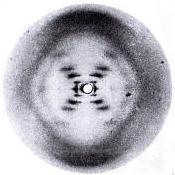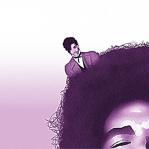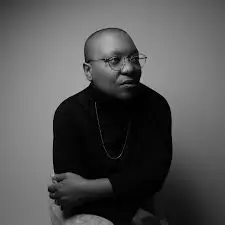-
Recently Browsing 0 members
- No registered users viewing this page.
-
Latest Activity
-
By Toilet Duck · Posted
£350 does include the parking! £250 without parking. Reckon we'd get 3-4 Vango Halo 300s on a 5mx5m pitch? Makes it 80 odd quid each if so. Not that bad really for a parking spot close to camp...really depends on what the trek to PGD is like every day. Looks like a handy enough spot though. Never bothered with boutique camping as the tents aren't as good as my own, but this is a bit tempting as I won't get to the festival til Wednesday afternoon and it looks like Lime Kiln has gotten very popular over the last couple of festivals! To be honest, if they actually opened up these fields as general camping, I reckon they'd be popular. -
Yeah I am just about allowing myself to believe Twigs MIGHT turn up. I was a denier before but I'm coming round. Still prepared for disappointment but as we approach May I'm willing to be more naive.
-
Yeah, she wants some dodgy transphobic stuff from the SNP. Hed be better off crawling back to the greens
-
COuld be Hawley if he hasnt got anything that day then: he does play two gigs in a row Or a completely different garden stage headliner, like Jockstrap or Baxter Dury i guess! or Sleater Kinney
-
Latest Festival News
-
Featured Products
-

Monthly GOLD Membership - eFestivals Ad-Free
2.49 GBP/month
-
-
Hot Topics
-
Latest Tourdates

















Recommended Posts